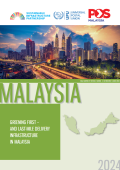
The case study focuses on Malaysia’s strategic efforts to integrate sustainable practices into its logistics and e-commerce infrastructure, highlighting the operations of Pos Malaysia, the country’s leading parcel service provider.

The case study details France's commitment to integrating circular economy practices into its logistics and postal sectors as part of its broader sustainability goals.
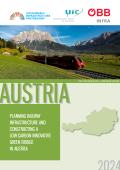
The case study details Austria's innovative approach to addressing the environmental challenges posed by large-scale railway infrastructure projects, particularly through the construction of a green bridge on the Koralmbahn railway line.
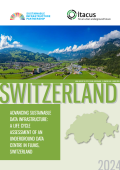
The case study details the innovative approach of using Underground Data Centres (UDCs) as a sustainable alternative to traditional aboveground data centres.
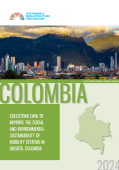
The case study details the innovative approaches taken by Bogotá, Colombia, to address the challenges of urbanization, congestion, and pollution through data-driven strategies for sustainable infrastructure.
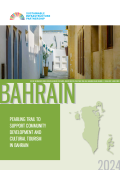
The case study details a project in Bahrain, where cultural heritage preservation was combined with economic diversification to boost tourism, create jobs, and foster community development through sustainable urban regeneration.
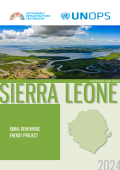
The case study details how the Rural Renewable Energy Project in Sierra Leone significantly improved energy access and empowered communities, particularly women, through sustainable infrastructure development in rural areas.
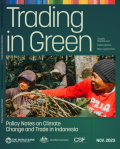
This study examines the carbon content of Indonesia's trade flows to assess how well the country is positioned to benefit from the global shift towards a low-carbon economy.
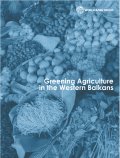
This report examines the current state and future prospects of the sector, with a focus on the potential and need for greening agriculture to improve productivity, competitiveness and climate resilience.
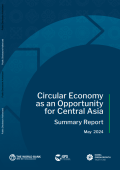
This report emphasizes the importance of the circular economy in decoupling economic growth from environmental degradation, particularly for Central Asia.
